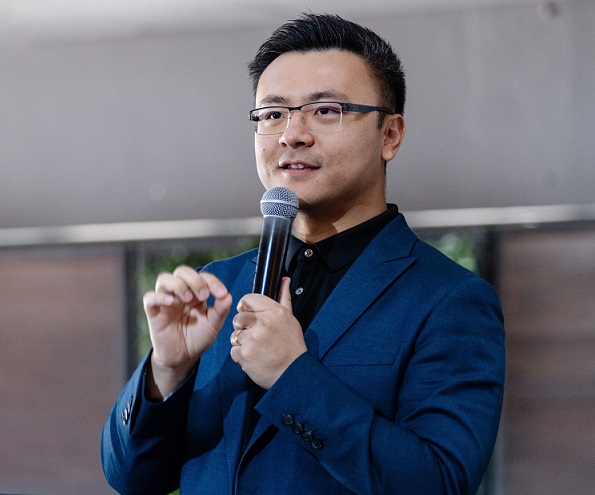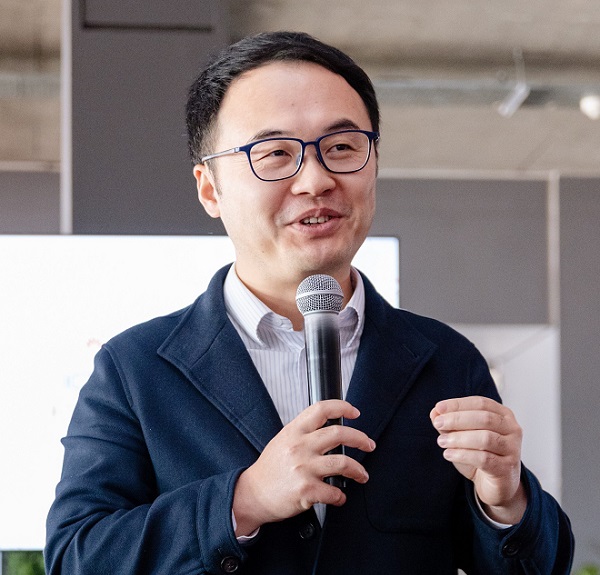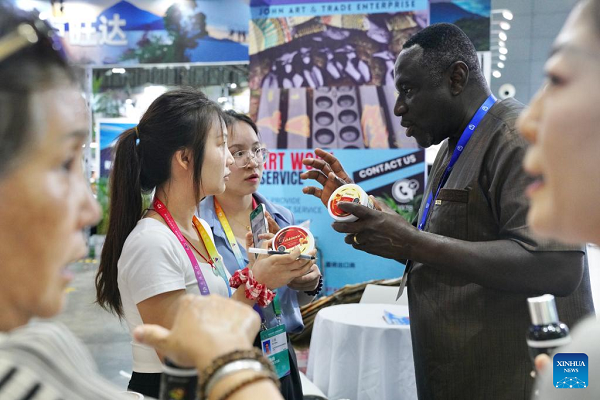by MTHULISI SIBANDA
JOHANNESBURG – SPEAKERS from Huawei, government and business have unpacked the shift from infrastructure as hardware to infrastructure as an enabler, where cloud, artificial intelligence (AI) and collaborative platforms become the backbone of inclusive growth.
This has been the theme at Huawei’s sixth annual Editors Xchange in Johannesburg.
In his opening address, Huawei South Africa Deputy Chief Executive Officer, Charles Cheng, said, “Digital ecosystems matter insofar as they enable a better, more fulfilling life.”
He noted they must be interconnected, adaptive and built to scale.
Deng affirmed Huawei’s commitment to this vision, which is building cloud services that scale securely, networks that connect intelligently and AI platforms designed for trust and interoperability.
Diego Han, Director of Ecosystem Development of Huawei Cloud Sub-Saharan Africa, shared a real-world example from Inner Mongolia, where a fleet of 100 autonomous electric mining trucks now operates at the Yimin open-pit coal mine.
These trucks are powered entirely through a digital ecosystem using 5G, cloud and AI.
“This is the point at which infrastructure starts to think,” Han said.
“Sensors, platforms and processing power all converge to enable intelligent decision-making across the value chain, without human drivers, with enhanced safety and efficiency.”
Prof. Busani Ngcaweni, Principal of the National School of Government, spoke on the complexity of decision-making in a state undergoing digital change.
He highlighted that transformation depends on thoughtful, forward-looking choices that enable public value at scale.
“In government, we are not just procuring hardware or software. We are investing in what I call brainware, the culture, skills and leadership needed to use technology wisely,” Ngcaweni said.
He discussed the trade-offs institutions face when evaluating competing technologies and navigating vendor ecosystems. These choices shape service delivery, citizen trust and long-term institutional resilience.
Ngcaweni cited South Africa’s pandemic-era rollout of social relief grants as an example of ecosystem success.

“The breakthrough didn’t come from new tools; it came from the decisive use of existing USSD platforms. The clarity of the decision is what made the breakthrough possible,” he said.
Tania Joffe, Principal and Founder of Unu Health, illustrated how intelligent infrastructure was already reshaping lives.
“There is no business that will be untouched by the shifts taking place now,” she said.
Unu Health uses AI to expand access to essential primary healthcare in underserved communities, including mobile facial scans that detect blood pressure, oxygen levels, and pulse, and AI-driven tools that support diagnostics and patient monitoring.
Joffe noted South Africa had a two-tiered healthcare system and AI could help bridge that.
“However, success depends not just on algorithms, but on access. You need smartphones, connectivity, and trust in the system to make the promise of digital health real” she added.
– CAJ News




